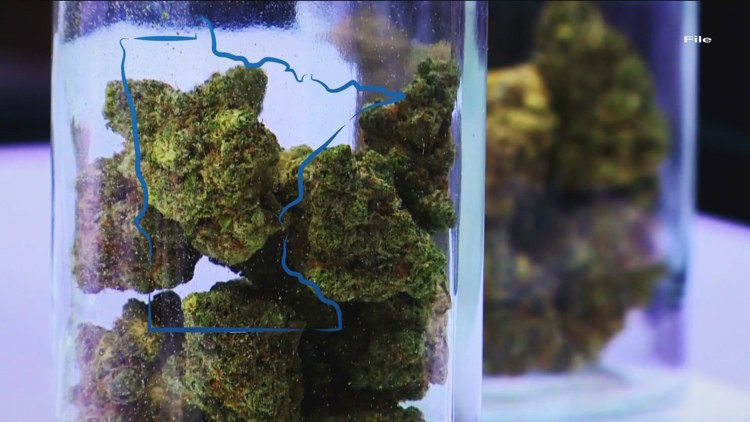The cannabis industry is grappling with a severe financial crisis stemming from unchecked accounts receivable (AR), which have surged to over $2.24 billion. This alarming figure is based on data from the CannaBiz Credit Association, a platform that specializes in cannabis credit reporting. The issue has quietly escalated over the past four years, particularly affecting businesses in California, Michigan, and Massachusetts.
California currently accounts for the highest AR, with $777 million outstanding, followed by Michigan at $231 million and Massachusetts at $144 million. Some states report that more than 30% of their receivables are overdue, a rate that poses a substantial risk in an industry where liquidity is already a challenge.
Historically, cannabis transactions often relied on cash-on-delivery methods typical of the legacy market. However, as companies seek to adopt payment terms similar to those in conventional industries, many have neglected to implement essential credit checks. This shift has resulted in a system that permits businesses to accumulate inventory they cannot afford, leading to slow payments or defaults.
The consequences of this financial mismanagement are evident in the aging of receivables. While 46% of cannabis AR is current (0-30 days), a troubling 24%—equating to over $529 million—has been overdue for more than 91 days. This data indicates a critical threshold: once invoices surpass three months without payment, the likelihood of collection diminishes sharply.
Specifically, recovery rates for invoices remain high within the first 30 days but drop significantly thereafter. After 90 days, the chance of collection falls below 50%, and it plummets to less than 10% after two years. Such cash flow disruptions can devastate companies, particularly those operating with narrow profit margins. For instance, a business with a 25% net profit margin would need to generate $40,000 in new revenue to offset a $10,000 write-off, resulting in a large revenue gap that can threaten the business’s survival.
As more funds become tied up in overdue receivables, cannabis companies find themselves with less cash for growth, marketing, or product development. In an effort to drive revenue, many resort to extending further credit, exacerbating the problem. To counter this trend, companies must establish robust credit-assessment procedures. Those conducting basic credit checks are 60% less likely to encounter collections issues.
Adopting thorough credit assessments is essential; banks require extensive due diligence before issuing loans, and cannabis businesses should follow suit. As the market matures, those prioritizing financial transparency and risk management will likely emerge as the industry leaders.
The cannabis sector is at a pivotal point. Operators who ignore the signs of financial strain risk losing more than just revenue; they jeopardize their entire business. Establishing sound credit protocols is not merely advisable but necessary for survival in this evolving market.




